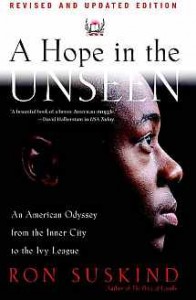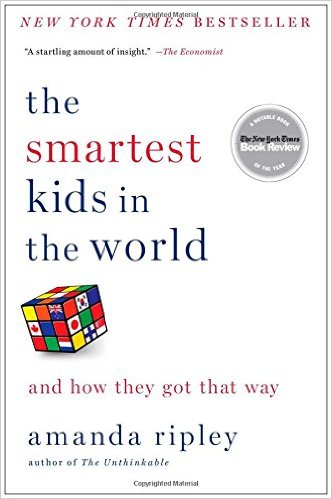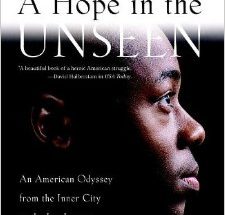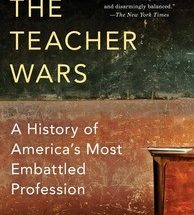Ron Suskind’s A Hope in the Unseen explains how and why poverty is cyclical in this country. More importantly, the book shows (not tells) why it is so difficult, nearly impossible, for impoverished Americans to break that cycle and “make it out.”
The main character in the book, Cedric, finds himself in a position all too typical of young African American boys. He lives in a single-parent household, in an urban area of concentrated poverty where crime, drugs, and gang violence pervade daily life. His mother has older daughters with other fathers, and she has resolved that Cedric will be the chosen one, the one to be set on the right path. His mom raises Cedric in a very measured way: emphasizing education, safety, responsibility, and faith.
The book begins with Cedric as a junior in high school. Unlike most students at the school, education is a top priority for Cedric. At many points, it seems like the only priority for Cedric. It’s apparent Cedric has sacrificed any “coolness,” any allegiances or friends, for his post-high school life. He has high grades, and applied for an Massachussetts Institute of Technology summer program for minorities.
After he begins the program, he realizes it’s not the perfect fit he’d imagined it would be. The minority students at MIT may look similar to him, but the majority are from middle and upper-class families. Academically, the students are much further ahead than Cedric, and socially, they’re as far from Cedric’s poor urban upbringing as white suburbanites. After a summer of struggles, the director of the program tells him he is not ready for MIT. He recommended going elsewhere for a year, boosting his SAT scores, and then reapplying later on.
In one scene, Suskind describes the moment Cedric sits down to write his personal essay for his Brown University application. As soon as he sat down, the words flowed. He writes about the constant struggle against the rest of his classmates and neighborhood, the expectations society has for poor black men, his faith in God, his mother’s persistent values. The essay apparently compensated for Cedric’s stagnant SAT scores, and months later he received a bulky admissions packet from Brown.
After gaining acceptance, Cedric realizes what had once been lofty goals were now reality. His classmates and neighbors who hassled him were now in a different class. The haves and have-nots.




